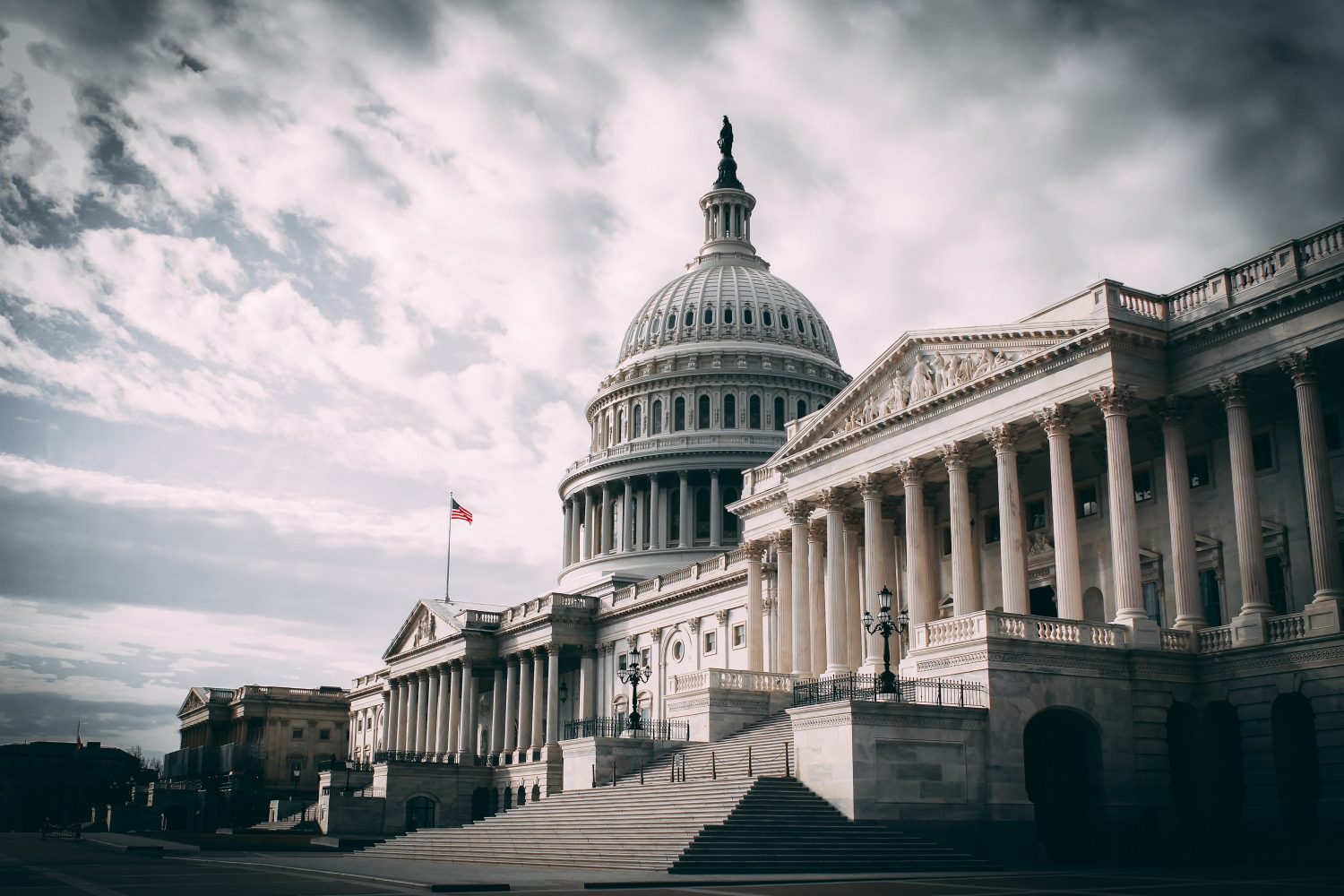
A bipartisan group of legislators has introduced a new bill in the US House of Representatives to extend existing counter-drone capacities of federal agencies set to expire in September, and partially broaden those to authorities on the state, local, and tribal level.
Tabled by a quartet of lawmakers from both sides of the aisle, the “Safeguarding the Homeland from the Threats Posed by Unmanned Aircraft Systems Act of 2023” aims to prolong counter-drone measures first adopted in wake of the September 11 attacks of 2001. Those have since been reinforced by successive laws, most recently by “Preventing Emerging Threats Act of 2018,” which is now scheduled to expire September 30.
That date was fixed in a stop-gap extension agreement struck late last year after Congress failed to agree on long-term legislation.
Read: FBI cites bomb-toting UAV inquiries in urging counter-drone action
The Federal Bureau of Investigations (FBI), Department of Homeland Security (DHS), and other key federal agencies have called new counter-drone action critical to their ability to respond to the rising threat of accidental or willful UAV invasion of restricted airspaces around sensitive infrastructure and large events – as well as potential attempted attacks using aerial vehicles.
Representatives Mike Gallagher (R-WI), Chrissy Houlahan (D-PA), Mike Johnson (R-LA), and Troy Carter (D-LA) introduced the bill to permit the DHS and authorized agencies under Department of Justice aegis continue using counter-drone tech to identify, and if necessary, neutralize intrusive UAVs deemed potentially dangerous or threatening.
“It’s no secret that commercial drones are becoming more and more commonplace in our communities,” said Houlahan, who went on to note the May introduction of an accompanying bill in the Senate. “Whether that be at soccer games or school functions, near military bases or airports, we need to make sure that there are sensible guardrails in place to protect Americans from potential threats. Our bipartisan, bicameral legislation builds upon existing law to address this rapidly changing technology. I’m proud to work with my colleagues across the aisle, in both the House and Senate, to pass this commonsense legislation.”
In addition to extending current capabilities, meanwhile, the text also creates the means for federal officials to work with state, local, tribal, and territorial administrations through a new counter-drone program to allow monitoring of and action against craft posing safety risks.
That initiative would permit the Secretary of Transportation and Attorney General to:
carry out a pilot program to evaluate the potential benefits of State, local, Tribal, and territorial law enforcement agencies taking actions that are necessary to mitigate a credible threat… that an unmanned aircraft system or unmanned aircraft poses to the safety or security of a covered facility or asset.
Such sites are elsewhere defined as including critical or sensitive infrastructure, airports, federal offices, and large public events.
That last category includes games organized by the National Baseball League, National Football League, National Association for Stock Car Auto Racing, and National Collegiate Athletic Association – all of which have lobbied Congress hard for strengthened counter-drone measures to handle what they claim have become increasingly frequent intrusions by unauthorized UAVs.
“This commonsense bill reauthorizes existing authorities and ensures law enforcement officials have the tools they need to keep Americans safe, whether they’re at an airport or a Packers game,” said Gallagher, drawing on his Wisconsin mandate to promote the bill. “Drones are useful pieces of technology, but in the hands of bad actors, they can pose a serious danger to Americans. As these devices become more accessible and advanced, it’s critical we give law enforcement the tools they need to address this evolving threat.”
Read: EU seeks sector input to create unified counter-drone capacities
Sponsors of the new House counter-drone bill said they hope to attach it to annual defense legislation that – in contrast to most initiatives considered by Congress anymore – almost always winds up gaining passage.
FTC: We use income earning auto affiliate links. More.




Comments